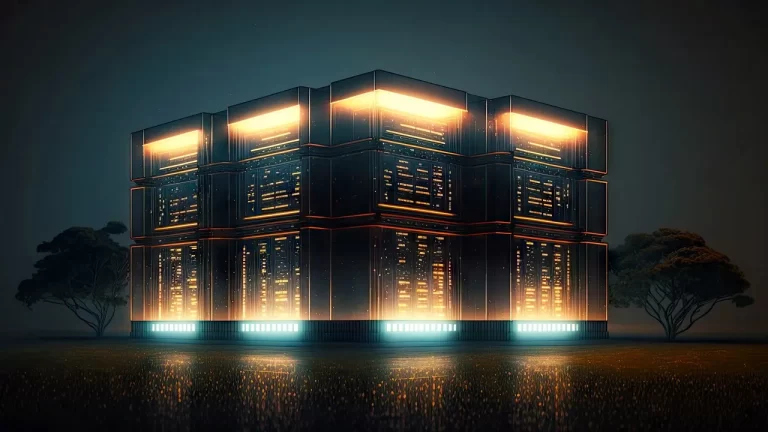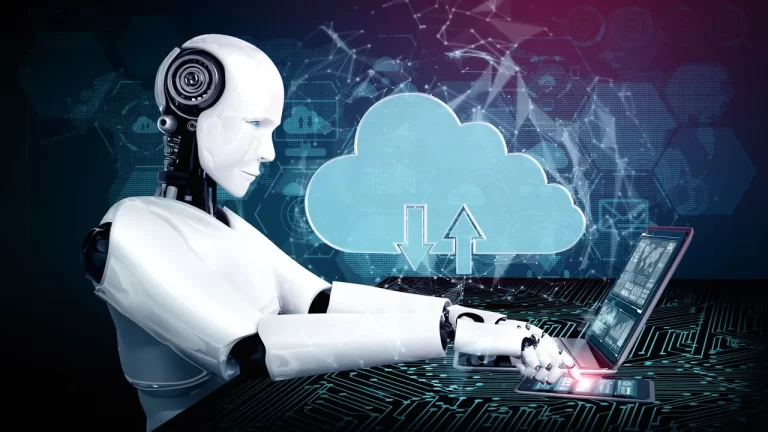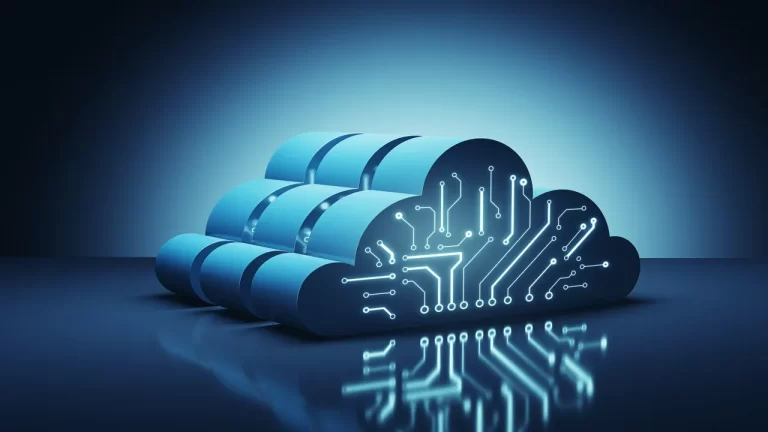Insight
Data centers have become an essential part of modern life. But their increasing energy demands Create significant challenges to sustainability and reliability. Nuclear energy Provides a promising solution for data centers, which offer a reliable and Stable supply of electricity that is required for their operations. Advanced technologies including Small Modular Reactors (SMRs) are improving the flexibility of nuclear power for the use of data centers. Due to its low carbon emissions and ability to meet growing energy demands, nuclear power could play a crucial role in the sustainable future for data center networks.
Benefits of nuclear power in a data center
Low Carbon Emissions
Nuclear power is a clean energy source which produces limited greenhouse gas emissions. By Using nuclear power, data centers can reduce their Carbon reduction efforts, which support a more sustainable future.
Produces clean, pollution-free energy
Nuclear energy creates clean, pollution-free energy. it doesn’t release harmful substances like smoke or chemicals that harm air quality. This allows data centers to run without adding to air pollution, helping to keep the air clean.
Reliable Power Supply
Nuclear energy provides strong, stable, and reliable energy. which produces an amount of electricity with only a small amount of fuel that doesn’t depend on the weather. These high levels of capacity, and consistency result in stability, which is what data centers need to ensure maximum uptime.
How data centers are taking advantage of existing nuclear power
Data centers are Expanding the use of current nuclear power facilities to meet their energy needs sustainably and reliably. Nuclear power provides a consistent and low-carbon energy source that supports industry’s goals of reducing greenhouse gas emissions while making sure that operations are uninterrupted. Many data centers are Purposefully located near nuclear power plants To utilize close location and benefit from stable energy prices. This helps data centers to maintain high uptime without the instability associated with fossil fuels or the Variability of renewable energy sources like solar and wind. Moreover,capacity to handle large nuclear power, continuous loads makes it ideal for supporting hyperscale data centers. Partnerships between energy providers and data center operators further improve this relationship with long-term power purchase agreements (PPAs) allowing Stable energy expenses and supporting the development of advanced cooling and energy storage solutions. By integrating nuclear energy into their strategies, data centers can achieve a more sustainable and Flexible operational model.
Overcoming obstacles
Combining nuclear power into data centers Provides both opportunities and challenges. This energy offers a sustainable and highly reliable power energy, which is essential for the continuous operation of high-energy data centers. However, primary challenges include public perception, safety concerns, and infrastructure suitability. The negative perception of nuclear energy, Resulting from historical accidents, to build trust requires extensive public education and transparent communication. Furthermore, Upgrading current data center infrastructure to support nuclear energy, Either by small modular reactors (SMRs) or by other advanced technologies which demand for significant investment and technical expertise. Resolving these challenges requires fresh ideas in reactor design like the Implementation of fail-safe systems and modular scalability alongwith partnerships between data center servers and governmental bodies. By overcoming these Obstacles, nuclear power could play a critical role in Facilitating more sustainable data centers in the future.
The long-term potential of new nuclear technologies
New nuclear technologies, Specifically small modular reactors (SMRs) and advanced reactors, Carry important long-term value in transforming global energy systems, Containing applications in data centers. These next-generation reactors promise to deliver safer, more efficient, and cost-effective nuclear energy as compared to traditional large-scale power plants. SMRs are designed to be compact, scalable, and easier to deploy by making themPerfect for enhancing local energy networks and reducing the need for extensive networks. These technologies also provide enhanced safety features, that includes passive cooling systems and less complex designs, which Reduce risks . As time has passed, developments in nuclear fusion which aims to Duplicate the energy processes of the sun, could provide an even more numerous and clean energy source. The Future potential of these new technologies lies in their ability to provide a stable energy supply, with minimal environmental impact, making sure the sustainable growth of industries, including data centers demands for significant and continuous power.
Did you Know?
Nuclear-Powered Data Centers Accelerating India’s Digital Growth into a $10 Billion Market.






